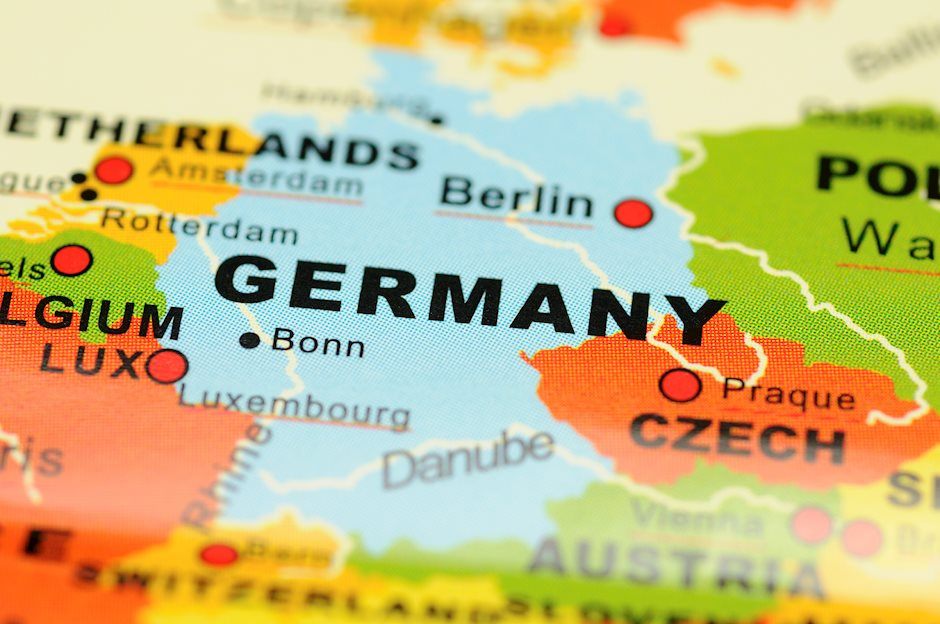The German recovery is still stuttering

The latest batch of German confidence indicators still points to a very anaemic recovery of the German economy after the cyclical bottoming out at the start of the year. Germany’s most prominent leading indicator, the Ifo index, dropped to 88.6 in June, from 89.3 in May. After three consecutive increases at the start of the year, business confidence has weakened again, illustrating that the cyclical bottoming out will not automatically be followed by a strong recovery. Today’s Ifo index weakening was exclusively driven by declining expectations, while the current assessment component remained unchanged, albeit at a low level.
Reality check for optimists
The optimism at the start of the year has given way to realism. The latest PMI and Ifo readings have illustrated that the German economy is still struggling to gain more momentum. The sharp drop in the PMI manufacturing on Friday particularly underlined the still very unpromising state of German industry. In fact, the turning of the inventory cycle we all have been hoping for since the start of the year is still not happening.
In fact, inventory levels have remained stable at elevated levels for several months now and order books have rather weakened. More worrisome, the weakness goes beyond industry. Despite strong nominal wage growth and somewhat improving consumer confidence, private consumption has not come up yet as a growth driver. Consequently, it currently looks unlikely that the German economy gained momentum in the second quarter, if any at all.
Strong rebound this year remains highly unlikely
Looking ahead, and despite today’s cold shower, the German economy should still gain some momentum over the summer months. It will take a bit longer than we thought but strong wage growth should still fuel a cautious recovery in private consumption and even the inventory cycle should gradually start to turn positive. However, latest data releases have also once again stressed that it won’t be easy for the German economy to deal with the ongoing challenges. The increasing number of insolvencies and individual company announcements of upcoming job restructurings are still hanging like Damocles’ sword over the labour market this year. Also, policy uncertainty, currently stemming from the government’s budget negotiations as well as the well-known structural weaknesses of the economy will limit the pace of any rebound. A strong rebound for this year remains highly unlikely.
To some extent, since the start of the year, the German economy has gone through similar phases as the German national football team at the European Championships so far: too much enthusiasm about a good start to the tournament only because the years before had been miserable: a painful reality check in the first 89 minutes in the match last night against Switzerland, followed by a blast of euphoria after scoring in the very last minute. Euphoria after a draw, not after a win; it's a new reality, both in German football and for its economy.
Read the original analysis: The German recovery is still stuttering
Author

ING Global Economics Team
ING Economic and Financial Analysis
From Trump to trade, FX to Brexit, ING’s global economists have it covered. Go to ING.com/THINK to stay a step ahead.

















